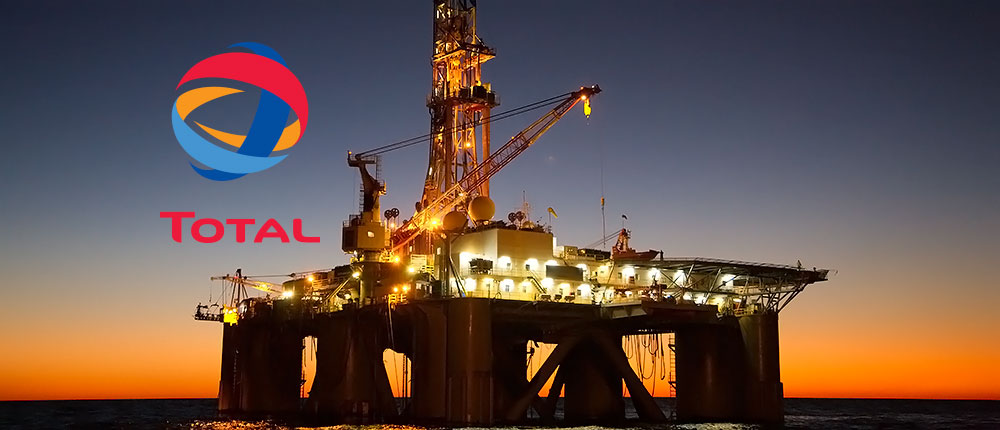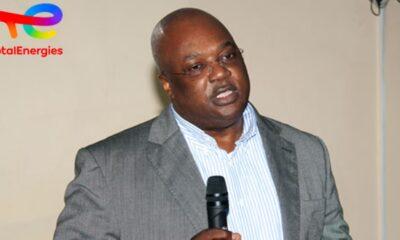- Total Eyes 23% of Nigeria’s Oil Output
Upon the completion of Total’s Egina project that is expected to add 200,000barrel per day to Nigeria’s oil production, the oil major said it would be contributing 23 per cent of the country’s daily production.
Its Deputy Managing Director, Deepwater District, Musa Kida, spoke at the second Nigeria International Petroleum Summit in Abuja yesterday. Shaping the Future through Efficiency and Innovation is the theme of the forum.
According to Musa, because of the firm’s determination to support local content development, 77 per cent of man-hours worked on the project was done locally with 60,000 tons of equipment fabricated by local contractors.
Besides, drilling records and integration of six locally fabricated top side modules in Lagos, other significant achievements, the Egina project achieved the first in Africa.
He said: “Total’s projects in Nigeria have been industry benchmarks with regard to efficiency and innovation. The one on the lips of everyone at the moment is Egina. At plateau, Egina will add 200,000 barrels of oil per day to Nigeria’s current production and this represents about 10 per cent of Nigeria’s current production.
“With Egina, Total will be operating about 23 per cent of the national production and we are proud to be significant contributors in securing Nigeria’s oil and gas future. Egina set unprecedented records of local content and capacity building.
“For us, Egina stands as a great testament to Total’s commitment to Nigeria and our determination to support and advance local content development. 77 per cent of man-hours worked on the project was done locally with 60,000 tons of equipment fabricated in Nigeria by local contractors.
“In addition to drilling records and integration of six locally fabricated top side modules in Lagos, the Egina project achieved the first for Nigeria and Africa.”
Total, he said, is today, the only oil firm that is still active in the downstream sector with more than 550 filling stations nationwide. The company’s downstream operation is so diverse in Nigeria that there is a Total filling station in every local government area of the country.
Kida said: “We are also active in the solar energy with our AWANGO lamps that address the electricity needs of rural communities not connected to the national grid.”
He said Total is the only integrated International Oil Company (IOC) with presence throughout the entire value chain of the industry in Nigeria Downstream, Upstream and Midstream sectors.
According to him, Total has developed a strong partnership with the Nigerian National Petroleum Corporation (NNPC) and other partners.

 Forex3 weeks ago
Forex3 weeks ago
 Naira3 weeks ago
Naira3 weeks ago
 Billionaire Watch2 weeks ago
Billionaire Watch2 weeks ago


 Naira3 weeks ago
Naira3 weeks ago




 Naira2 weeks ago
Naira2 weeks ago




 Naira1 week ago
Naira1 week ago




 Naira4 weeks ago
Naira4 weeks ago
 Banking Sector4 weeks ago
Banking Sector4 weeks ago




















